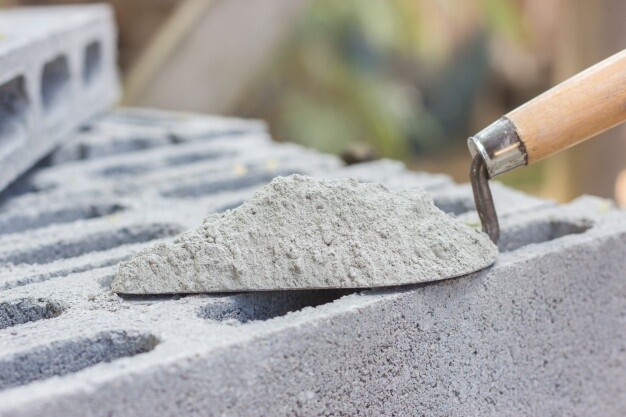Understanding the Distinction: Concrete vs. Cement
In the realm of construction materials, there exists a commonly misunderstood distinction between two essential components: concrete and cement. While the terms are often used interchangeably in everyday conversations, it is crucial for business professionals in the construction industry to understand the fundamental disparities between the two. In this article we will delve into the dissimilarity, exploring the unique properties and applications of both concrete and cement, enabling you to communicate effectively and make informed decisions in your professional endeavors.
Defining Concrete and Cement:
To begin, let us clarify the definitions of concrete and cement, as misconceptions often arise due to their close association. Cement is a fine powder, typically made from limestone, clay, shells,
and silica. It acts as the binding agent that holds various components together, creating a solid mass when mixed with water. On the other hand, concrete is a composite material, comprising cement, aggregate materials (such as sand, gravel, or crushed stone), and water. The combination of these ingredients forms a robust and durable construction material.
The Role of Cement:
Cement serves as the key ingredient in the production of concrete, playing a crucial role in its overall strength and integrity. When water is added to cement, a chemical reaction known as hydration occurs, resulting in the formation of a gel-like substance that binds the aggregates together. This process, called curing, leads to the hardening and solidification of concrete over time.
Types of Cement:
Business professionals in the construction industry should also be familiar with different types of cement, as they possess varying properties suitable for specific applications. The most common types of cement include Portland cement, blended cement, and specialty cement. Portland cement is widely used due to its versatility and strength, while blended cement incorporates supplementary materials such as fly ash or slag to enhance certain characteristics. Specialty cements, including sulfate-resistant cement or white cement, cater to specific construction needs.
The Versatility of Concrete:
Concrete, as the end product of combining cement with aggregates and water, offers a wide range of applications across the construction sector. Its versatility arises from the ability to customize its composition by adjusting the proportions of the ingredients, resulting in concrete with varying strengths, durability, and workability. From building foundations and roads to constructing bridges and high-rise structures, concrete has become the backbone of modern construction.
Key Differences and Applications:
While cement and concrete are closely intertwined, it is important to understand their individual purposes. Cement, being the binder, is primarily utilized to hold materials together, while concrete serves as a complete construction material. Cement is commonly employed in the creation of mortar, which is used to bond bricks or stones in masonry work. Furthermore, cement finds applications in the production of stucco, grout, and specialized building materials.
In conclusion, the disparity between concrete and cement lies in their respective roles and compositions. Cement acts as the binding agent, while concrete is the final product resulting from the combination of cement, aggregate materials, and water. Understanding this distinction is essential for professionals in the construction industry to communicate effectively, make informed decisions, and ensure the successful execution of projects. By grasping the unique properties and applications of both concrete and cement, business professionals can navigate the construction landscape with confidence, fostering better collaboration and achieving remarkable results.

YOUR WICHITA FALLS, TEXAS
CONCRETE SUPPLIER
make Diamond M Concrete your first call in Wichita Falls, TX, and surrounding areas.
